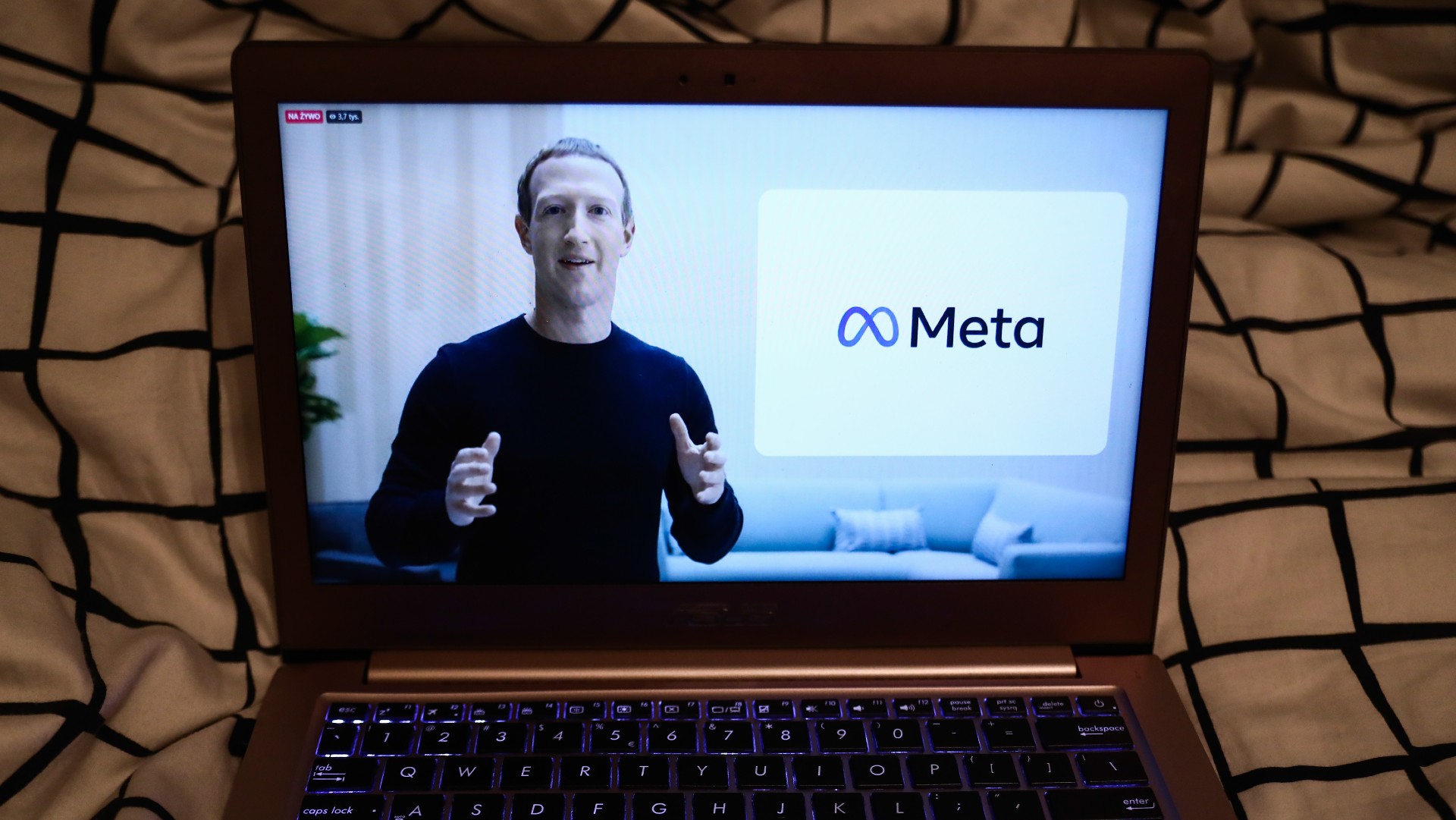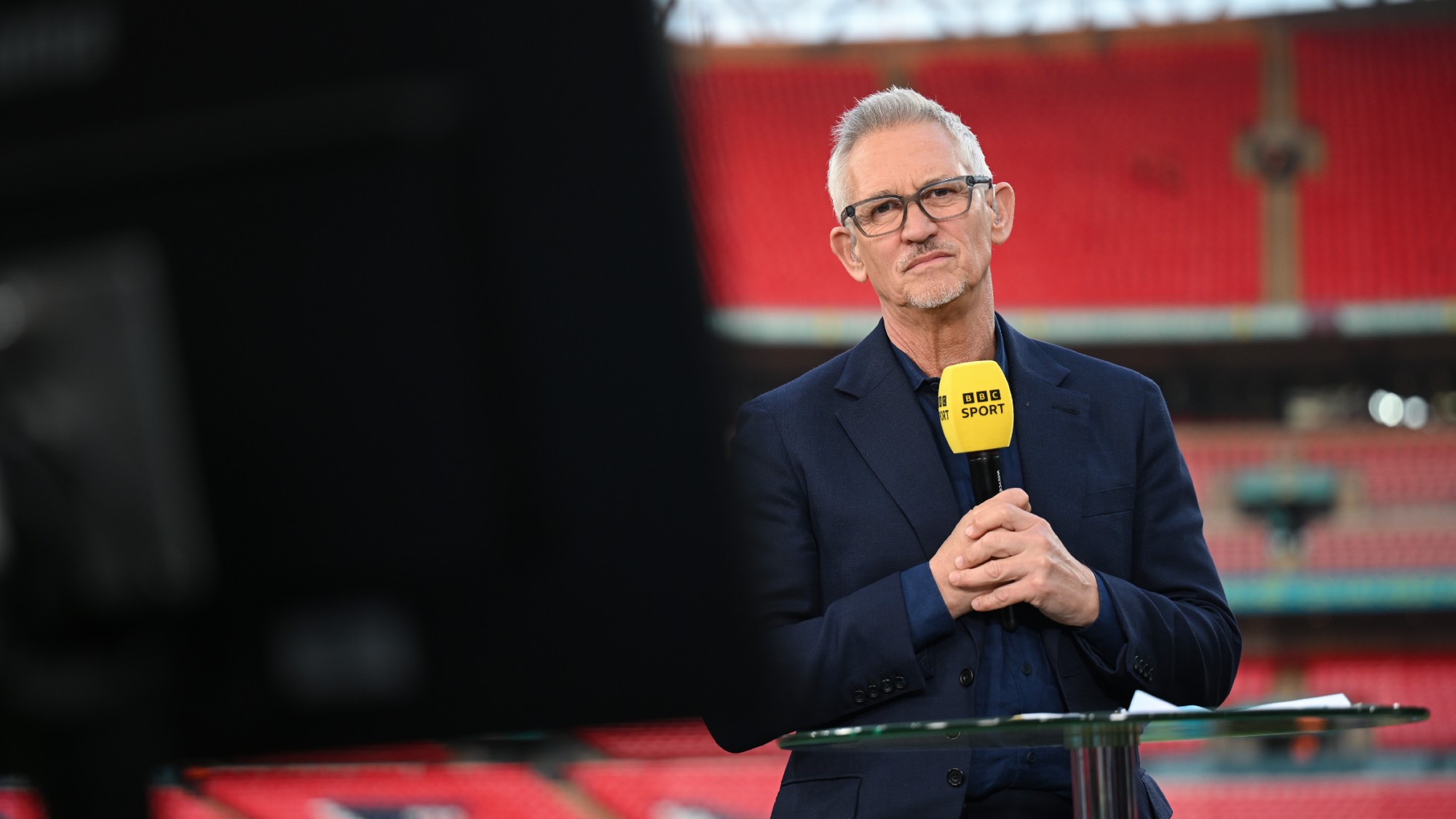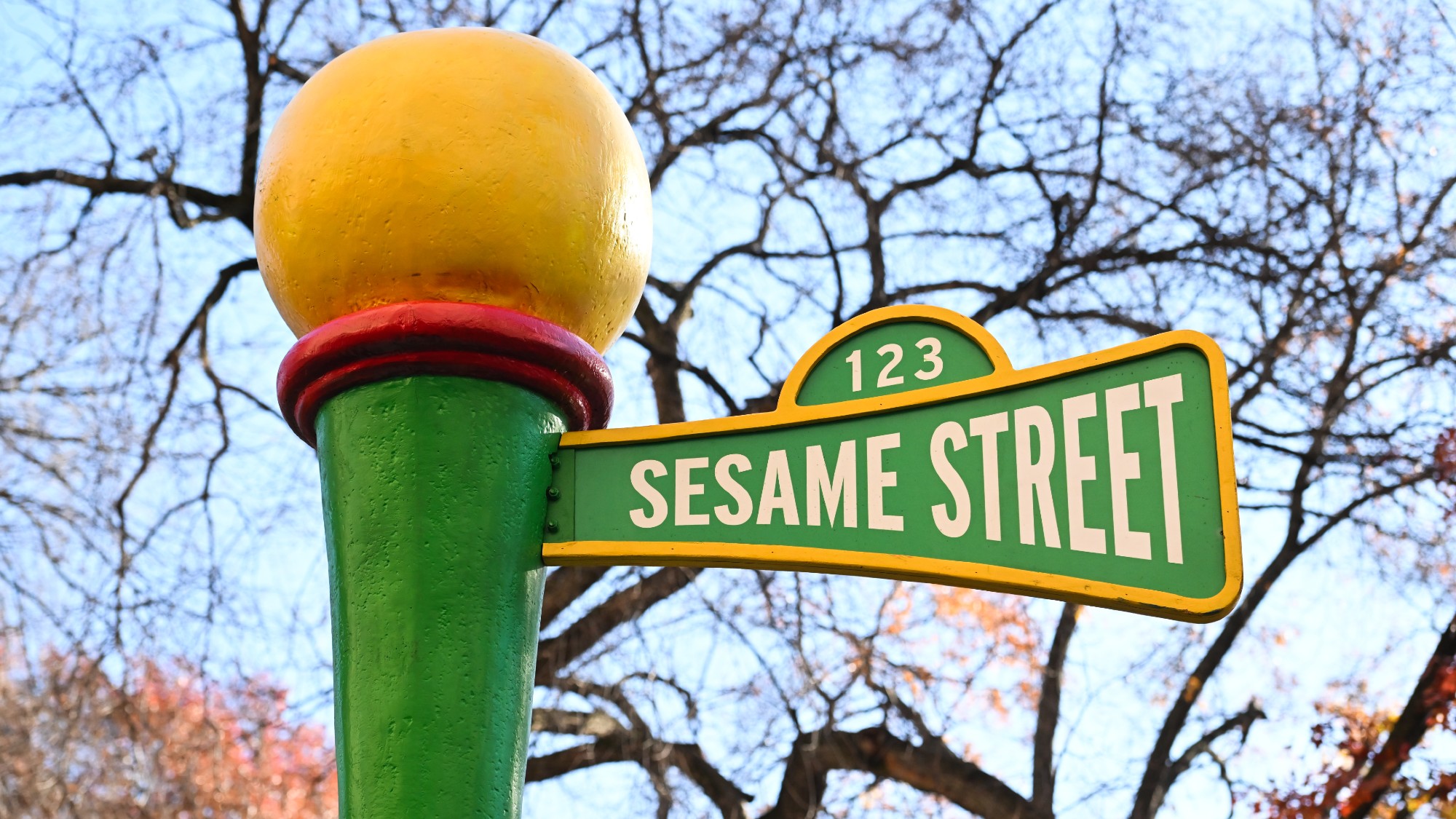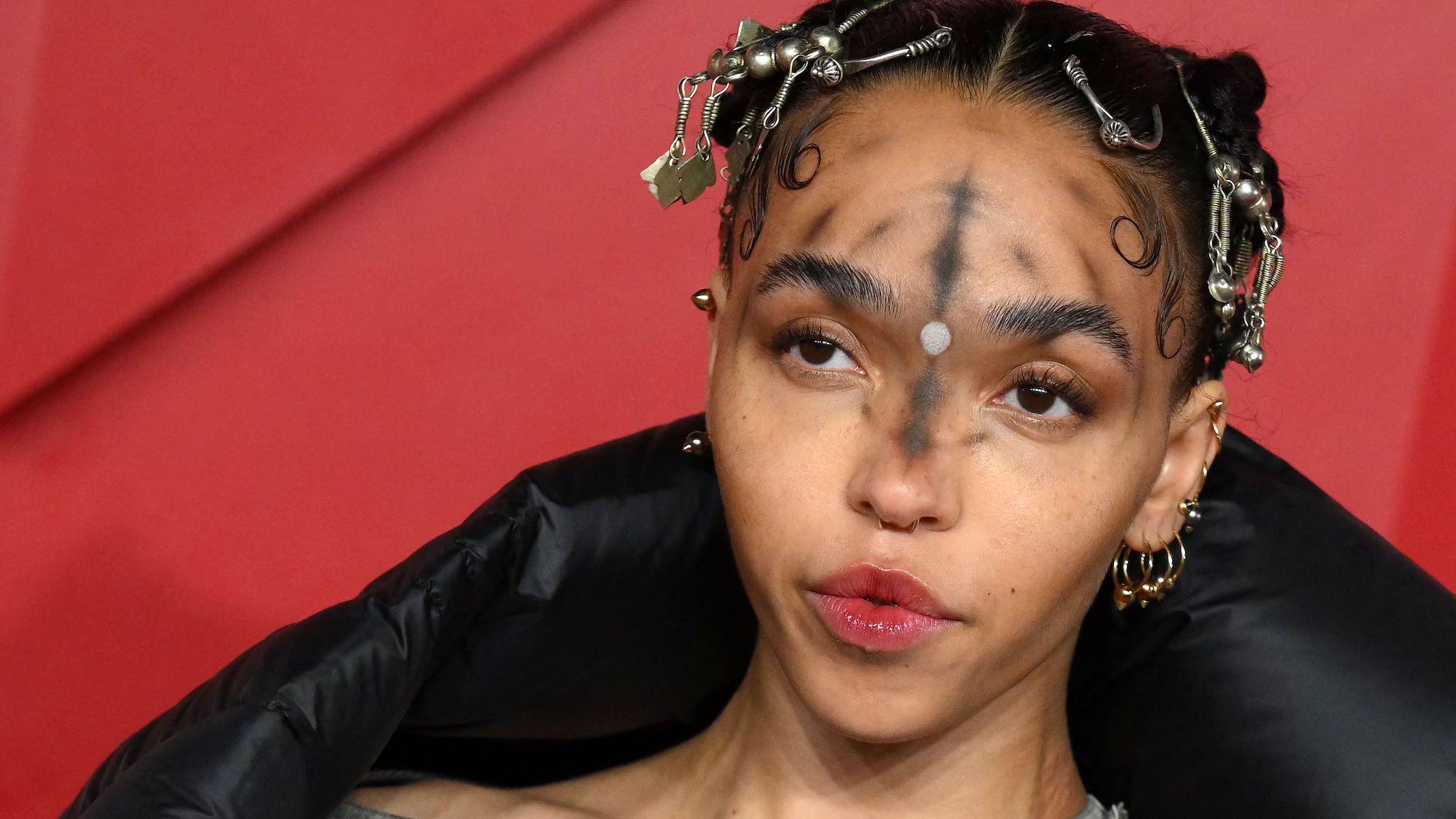Should young teenagers be allowed in the metaverse?
Children’s rights advocates urge Facebook parent company to block teens over safety concerns

A free daily email with the biggest news stories of the day – and the best features from TheWeek.com
You are now subscribed
Your newsletter sign-up was successful
A group of US and UK advocates have urged Facebook’s parent company Meta to block children from its virtual reality platform, warning that they could be exposed to inappropriate content, harassment and bullying.
The letter, signed by representatives from “36 organizations and 37 individual experts on young people’s development”, asked Meta CEO Mark Zuckerberg to “immediately cancel plans to lure users aged 13 to 17 to Horizon Worlds”, Meta’s metaverse social media app, where users interact in a virtual reality.
A leaked memo obtained by the The Wall Street Journal in February revealed Meta’s plans to attract teenagers, in order to increase user retention on the platform. The app is currently only open to adults of 18 and over.
The Week
Escape your echo chamber. Get the facts behind the news, plus analysis from multiple perspectives.

Sign up for The Week's Free Newsletters
From our morning news briefing to a weekly Good News Newsletter, get the best of The Week delivered directly to your inbox.
From our morning news briefing to a weekly Good News Newsletter, get the best of The Week delivered directly to your inbox.
“Considering the well-documented negative impacts of 2D social media on young people,” the letter said, “Meta must wait for more peer-reviewed research on the potential risks of the Metaverse.”
‘Routine harassment and adult content’
A March 2023 report from the Center for Countering Digital Hate (CCDH), Horizon Worlds Exposed, found that children were already being “routinely harassed and exposed to adult content” on the virtual reality network, despite the age restriction.
Researchers found minors present in 66 of Horizon Worlds’ 100 most populated spaces, and identified “19 incidents of abuse directed at minors by adults, including sexually explicit insults and racial, misogynistic and homophobic harassment”, the report said. Minors were also found in Mature Worlds, where Meta permits gambling, legal drugs and sexual content.
“It’s beyond appalling that Mark Zuckerberg wants to save his failing Horizons World platform by targeting teens,” said Josh Golin, executive director of Fairplay, one of the organisations that signed the letter, calling it “an ill-formed and dangerous idea”.
A free daily email with the biggest news stories of the day – and the best features from TheWeek.com
“Meta is demonstrating once again that it doesn’t consider the best interest of young people,” said Katharina Kopp, deputy director for the Center for Digital Democracy.
‘Age-appropriate tools and protections’
Young people are “the generations that in many ways will be the true digital citizens of the metaverse”, said Meta’s vice-president of Horizon, Gabriel Aul, in the leaked memo.
They “have grown up seamlessly interfacing with the technology and connecting with people remotely”, the WSJ quotes him as saying.
A Meta spokesperson told CBS News that before Horizon Worlds was made available to teens, “we will have additional protections and tools in place to help provide age-appropriate experiences for them”.
Meta-designed Quest virtual reality headsets “are for people 13+”, the spokesperson said, “and we encourage parents and caretakers to use our parental supervision tools, including managing access to apps, to help ensure safe experiences”.
Harriet Marsden is a senior staff writer and podcast panellist for The Week, covering world news and writing the weekly Global Digest newsletter. Before joining the site in 2023, she was a freelance journalist for seven years, working for The Guardian, The Times and The Independent among others, and regularly appearing on radio shows. In 2021, she was awarded the “journalist-at-large” fellowship by the Local Trust charity, and spent a year travelling independently to some of England’s most deprived areas to write about community activism. She has a master’s in international journalism from City University, and has also worked in Bolivia, Colombia and Spain.
-
 How the FCC’s ‘equal time’ rule works
How the FCC’s ‘equal time’ rule worksIn the Spotlight The law is at the heart of the Colbert-CBS conflict
-
 What is the endgame in the DHS shutdown?
What is the endgame in the DHS shutdown?Today’s Big Question Democrats want to rein in ICE’s immigration crackdown
-
 ‘Poor time management isn’t just an inconvenience’
‘Poor time management isn’t just an inconvenience’Instant Opinion Opinion, comment and editorials of the day
-
 Why X could face UK ban over Grok deepfake nudes
Why X could face UK ban over Grok deepfake nudesThe Explainer Ofcom is investigating whether Elon Musk’s AI chatbot breached Online Safety Act
-
 What are the impartiality rules for BBC presenters?
What are the impartiality rules for BBC presenters?The Explainer News presenters and hosts of 'flagship programmes' must adhere to tougher guidelines than other staff and freelancers
-
 Facebook: Sarah Wynn-Williams' shocking exposé
Facebook: Sarah Wynn-Williams' shocking exposéTalking Point Former executive's tell-all memoir of life behind the scenes at Meta 'makes for damning reading'
-
 What's next for 'Sesame Street?'
What's next for 'Sesame Street?'Today's Big Question The venerable children's show is looking for a new home
-
 What is the dead internet theory?
What is the dead internet theory?The Explainer Reality has 'begun to mirror' the conspiracy that the vast majority of internet activity is generated by bots
-
 The UK's first TikTok election
The UK's first TikTok electionThe Explainer Labour and Conservatives launch on the video-sharing app deemed so valuable by US Democrats in reaching young voters
-
 FKA Twigs and Jeremy Allen White – the tale of two Calvin Klein ads
FKA Twigs and Jeremy Allen White – the tale of two Calvin Klein adsTalking Point Her advert was banned by the advertising watchdog while his caused a 'breathless response' after going viral
-
 The Christmas round robin: return of the much-mocked missive?
The Christmas round robin: return of the much-mocked missive?Talking Point Young people looking to 'precious tradition' that 'predates social media and exceeds it'